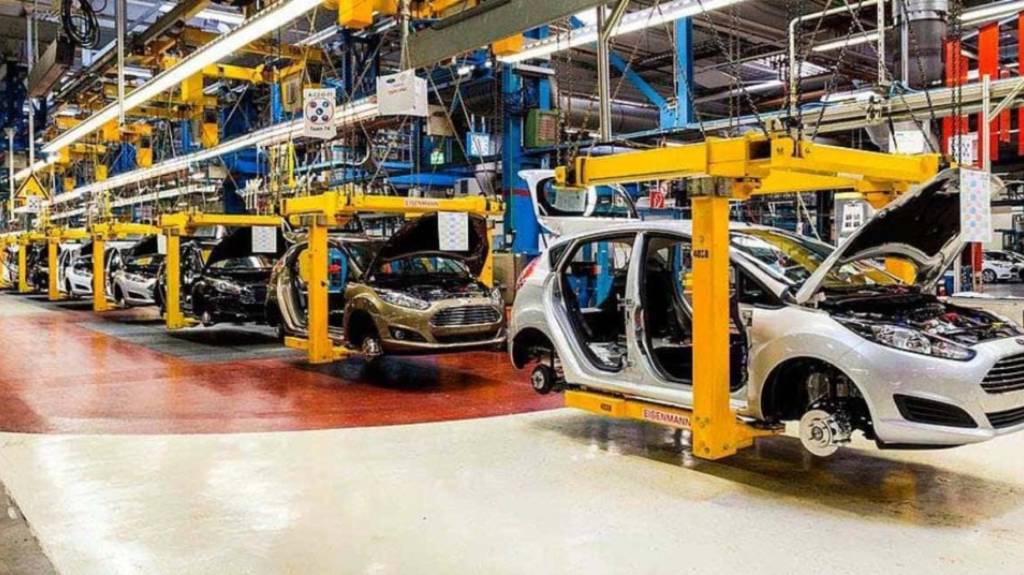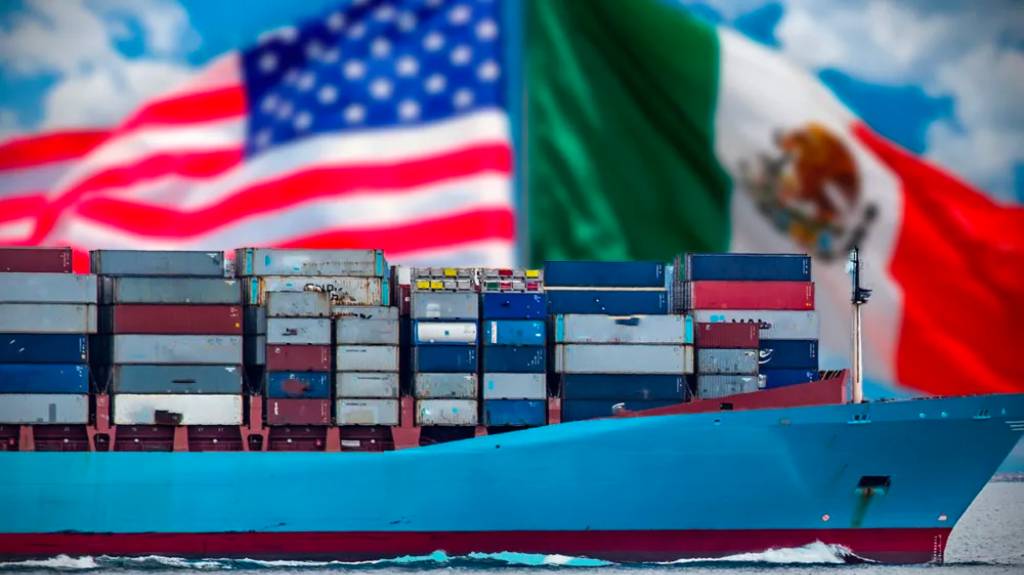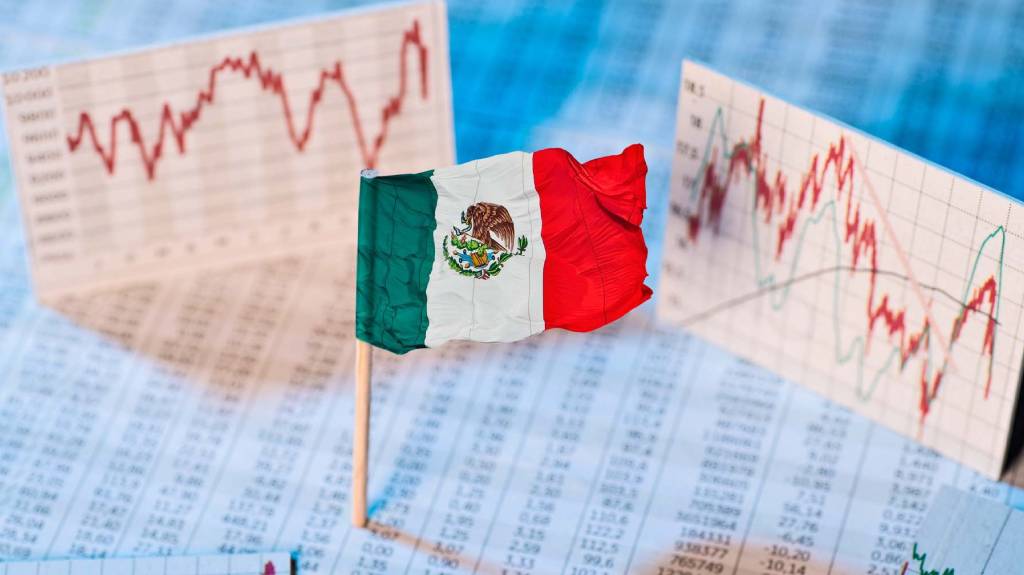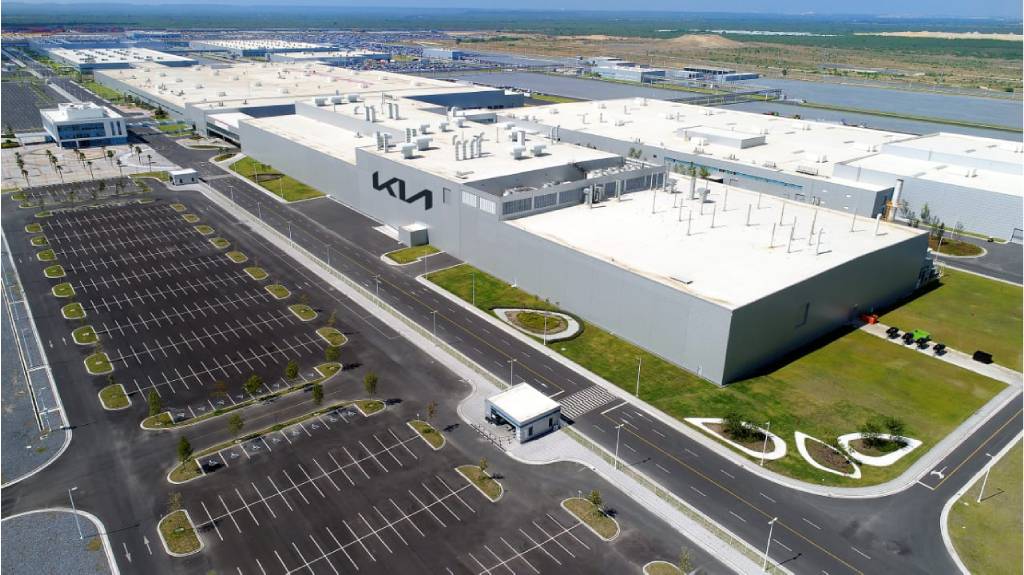July 11, 2025

Foreign capital surges as strategic industries eye North America A New Wave of Swiss Capital Mexico continues to attract international attention as a key investment destination […]
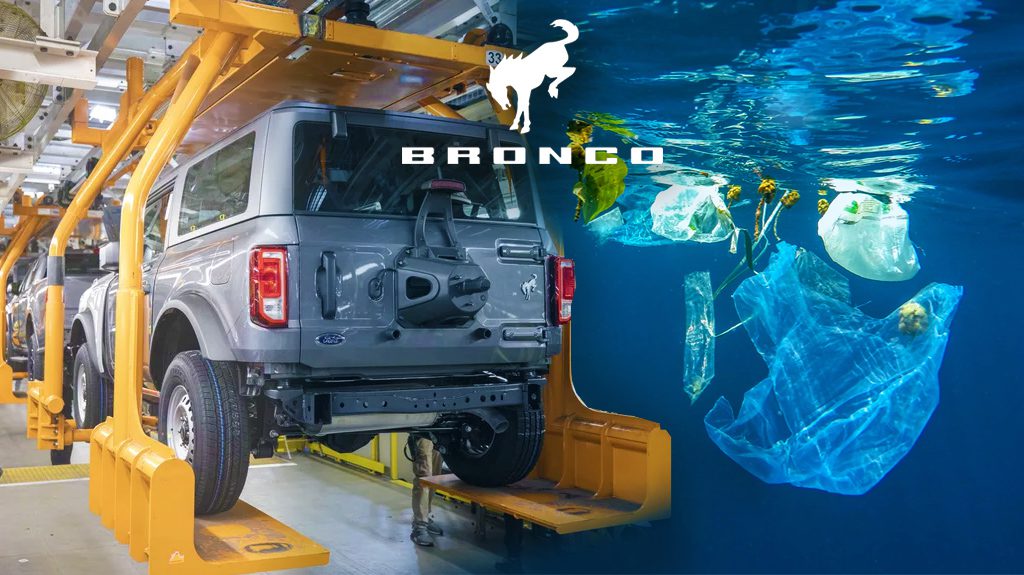
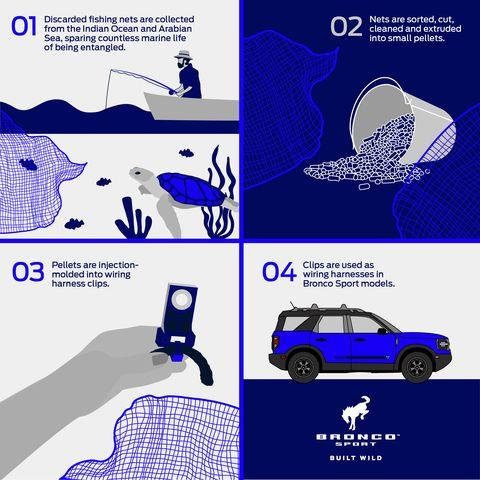
Please note that we do not accept job applications here. If you are interested in applying for a position, please visit the following link: https://www.americanindustriesgroup.com/jobs/

